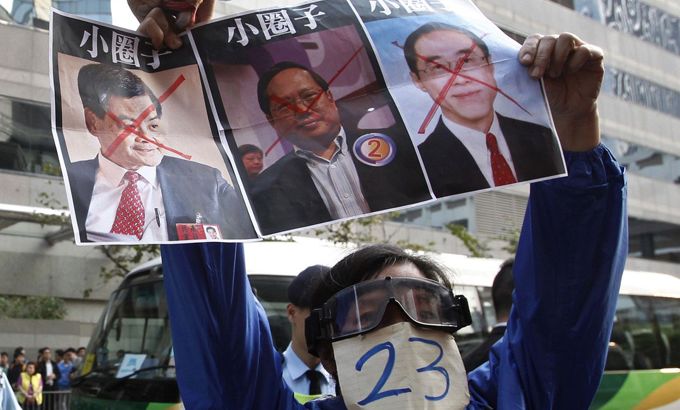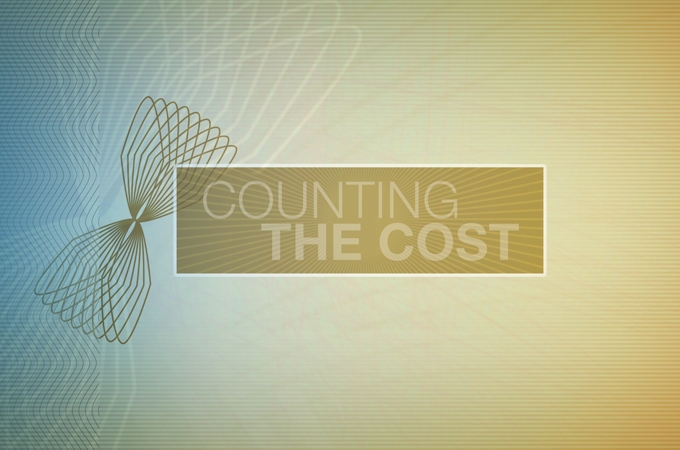
Hong Kong: The future of Asia’s financial hub
How will the election of a new leader affect Hong Kong’s financial freedom?
Hong Kong is the global financial centre which just keeps booming despite regional and global financial crises and all the speculation that its future was in jeopardy.
|
Hong Kong in numbers: – Hong Kong has been ranked by Bloomberg as the world’s best place to do business – The Hong Kong Stock Exchange is the most valuable listed exchange in the world, worth $18.5bn – While mainland China’s economy is manufacturing and export based, 96.2 per cent of Hong Kong’s economy is service based, much of it financial – 26 million people visited Hong Kong from China last year |
Nearly 15 years after the transition to Chinese rule, Hong Kong still reigns in Asia as the financial hub of choice. But few foresaw its staying in power.
Keep reading
list of 4 items‘We need you’: Solomon Islands’ support for US agency’s return revealed
Why are nations racing to buy weapons?
Parallel economy: How Russia is defying the West’s boycott
The 1995 Fortune magazine cover announced “The Death of Hong Kong”. It assumed the “one country two systems” idea was doomed to fail, that influence from Beijing would end the business-friendly climate and financial freedom that made Hong Kong work as a regional hub.
Hong Kong has been very lucrative during China’s boom years and as such its status as a gateway is secure.
But it is not tension free, especially with the election of a new leader this week, the chief executive of Hong Kong. He was chosen by a committee dominated by a pro-Beijing business elite.
And given those in Hong Kong enjoy freedoms mainlanders do not, the tension has thrown the animosity with Beijing into the spotlight. Why are tensions rising? And how will a new leader impact Hong Kong’s financial freedom?
Steve Chao sat down for an extensive interview with Donald Tsang, the chief-executive of Hong Kong, to find out what the rest of the world could learn from the territory’s low unemployment and zero debt.
Privatising the UK’s police
The UK has gone all out to maintain its Triple-A debt rating, including spending cuts across pretty much all departments.
Now it is even considering handing over some police work to the private sector.
Can it work, or will it undermine the public’s confidence in the law?
Lego goes green
Lego was voted the toy of the 20th century and still racks up sales worldwide of $3.5bn.
It was only in 1949 when the company began producing the now famous plastic bricks. But what is interesting is that apart from our own childhood memories, is the fact the company is buying a wind farm in Germany.
We talk to Jorgen Vig Knudstorp, the chief executive of the Lego Group, about their latest decision and the secret of their success.
Counting the Cost can be seen each week at the following times GMT: Friday: 2230; Saturday: 0930; Sunday: 0330; Monday: 1630. Click here for more on Counting the Cost. |
